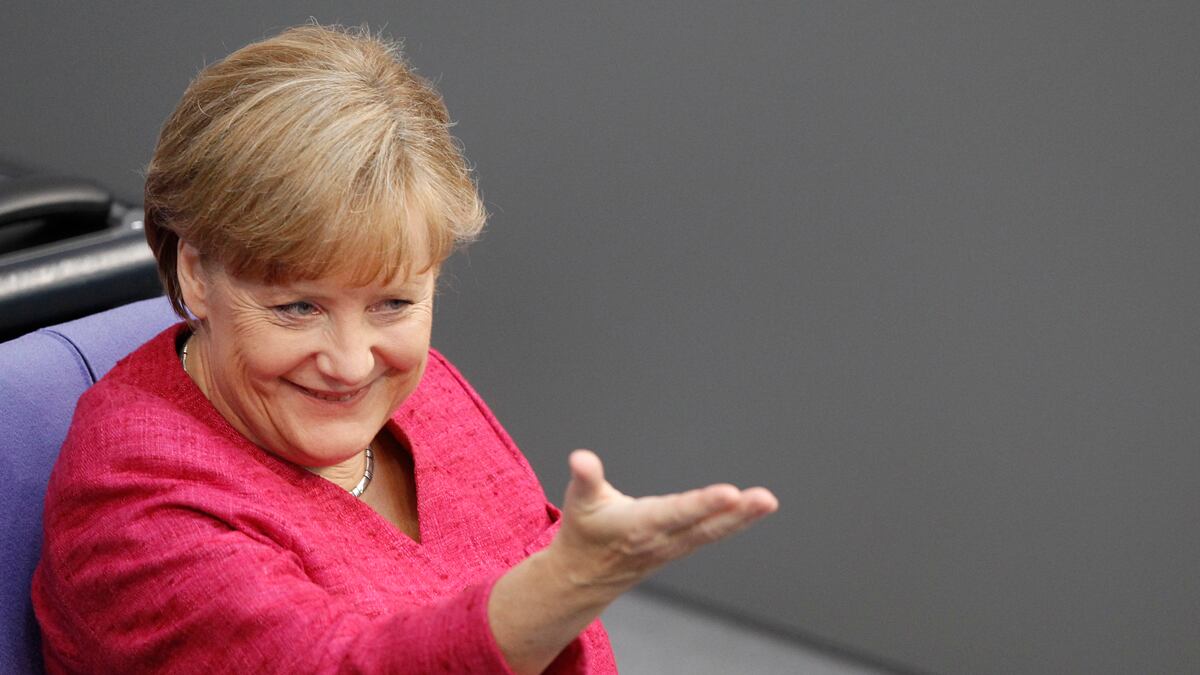As Americans, we have long seen our country as a leader among nations, a shining city up on a hill. Yet in the aftermath of the Great Recession, that light seems to have dimmed—at least economically—while other nations such as Germany have burned more brightly.
That begs the question: Do we have a thing or two to learn from, say, Germany?
At the CGI jobs summit thus far, the answer seem to be an unequivocal yes—especially when it comes to unemployment, manufacturing, and clean energy.
On Thursday, former Michigan governor Jennifer Granholm made that point emphatically in an exclusive interview with The Daily Beast.
“Germany is the perfect example,” she said. “How did they crack the code to get manufacturing to stay? They have partnered with business, and the labor rules there are pro-work.”
On a panel on Wednesday, former president Bill Clinton expressed a similar sentiment, as he touted the German response to the economic downturn, saying that it stemmed the tide of joblessness and helped boost economic growth.

As NEWSWEEK previously reported, in December 2008, Chancellor Angela Merkel helped broker an agreement in which businesses could avoid layoffs and instead trim the hours of their workers while the government offset a portion of the costs. That way, when the downturn passed, the firms could keep their skilled employees and the workers wouldn’t have to worry about finding new jobs.
Today Germany’s unemployment rate is just 6 percent, as the country’s high-end manufacturing sector continues to thrive.
Ten years ago, the unemployment picture in Germany wasn’t so rosy, said Laura Tyson, the former head of Clinton’s Council of Economic Advisers. The country had very good technical training, but its labor laws were rigid. It has since shed much of that rigidity, and the result has been positive.
At a panel on Wednesday, Tyson agreed with Clinton, saying the U.S. could benefit by being a bit more German when it comes to job training.
“Germany offers more generous unemployment benefits” than the United States, she said. “But they also … keep people working. And … they put very serious requirements on getting retrained while you’re collecting unemployment.”
Perhaps we should be taking notes.






